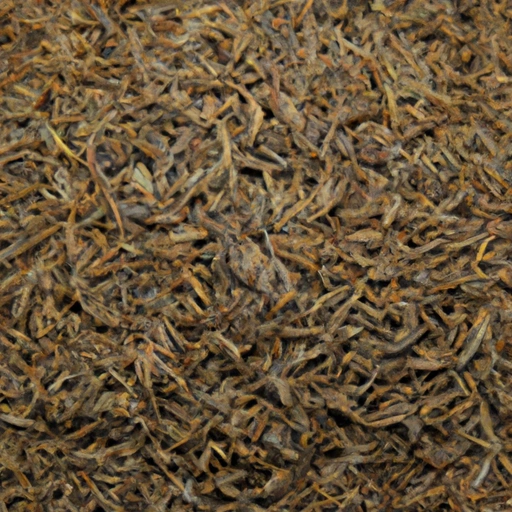Cumin
Description

Cumin is a potent spice known for its distinctive aroma and earthy, slightly bitter flavor that has become a cornerstone in various culinary traditions around the world. It is derived from the dried and ground seeds of Cuminum cyminum, a plant native to the eastern Mediterranean to India. Cumin seeds are small, elongated, and brownish in color, often used whole or in powdered form.
Common uses
Cumin is commonly used to season a variety of dishes, including curries, stews, soups, and grilled meats. It is also a key component in several spice blends, such as garam masala, taco seasoning, and chili powder.
Nutritional value
Calories
A tablespoon (6.8 grams or about 0.24 ounces) of whole cumin seeds contains approximately 22 calories.
Protein
One tablespoon of whole cumin seeds provides roughly 1 gram of protein.
Fat
Cumin seeds contain about 1 gram of fat per tablespoon.
Carbohydrates
There are approximately 2.5 grams of carbohydrates in a tablespoon of cumin seeds.
Vitamins
Cumin is a source of vitamin E and some B-complex vitamins in trace amounts.
Minerals
The spice is rich in minerals, offering iron, magnesium, phosphorus, and calcium among others.
Health benefits
Cumin is associated with several health benefits, including aiding digestion, improving blood sugar control, and providing a source of antioxidants.
Potential risks
While cumin is generally safe for consumption, some individuals may experience allergic reactions or an upset stomach. It should be consumed in moderation.
Common recipes
Cumin is frequently found in recipes such as Indian curries, Middle Eastern koftas, Tex-Mex chili, and Moroccan tagines.
Cooking methods
The spice can be used in various cooking methods, including roasting, sautéing, and simmering, often toasting the seeds first to release their aromatic oils.
Pairing with other ingredients
Cumin pairs well with proteins like beef, lamb, and chicken, as well as legumes, root vegetables, and other spices like coriander and chili.
Summary
As a versatile and globally popular spice, cumin adds depth and warmth to dishes while also providing nutritional benefits. Whether used in traditional recipes or modern cuisine, cumin's unique flavor profile makes it a kitchen staple across continents and cultures.